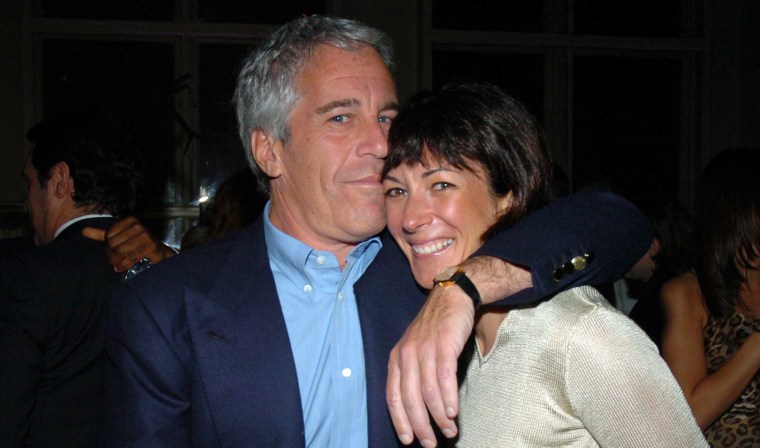The federal agents who arrested Ghislaine Maxwell found a cellphone wrapped in tin foil inside of her New Hampshire home in “a misguided effort to evade detection,” prosecutors said Monday.
The disclosure came in court papers rebutting Maxwell’s request to be released from jail as she awaits trial on allegations of helping Jeffrey Epstein sexually abuse underage girls.
Prosecutors revealed new details of what took place the day Maxwell was arrested and argued they underscore the risks of allowing her out of detention. They also pointed to her wealth, saying she controls a Swiss trust worth $4 million and has an account in England that has at times held over $2 million.
“To the extent the defendant now refuses to account for her ownership of or access to vast wealth, it is not because it does not exist — it is because she is attempting to hide it,” prosecutors wrote.
When FBI agents arrived at her home in rural Bradford on July 2, they breached the gate and then directed her private security guard to open the front door, the court papers say.
Through a window, the agents spotted Maxwell trying to flee.
“The agents saw the defendant ignore the direction to open the door and, instead, try to flee to another room in the house, quickly shutting a door behind her,” the court papers say.
The agents forced open the door and ultimately found Maxwell inside the house, according to the court filing.
As they were sweeping the house, they discovered a cellphone wrapped in tinfoil on top of a desk, the court papers say.
Prosecutors described it as a “seemingly misguided effort to evade detection, not by the press or public, which of course would have no ability to trace her phone or intercept her communications, but by law enforcement.”
The court papers also noted that Maxwell had a private security team composed of former British military members and didn’t leave the home, relying on guards to go out to buy things with a credit card linked to a limited liability corporation set up to buy the 356-acre property.
“As these facts make plain, there should be no question that the defendant is skilled at living in hiding,” the court filing says.
Maxwell was charged in a six-count indictment alleging that she enticed minors, some as young as 14, who were abused by Epstein in the mid-1990s. A hearing is scheduled for Tuesday to decide whether Maxwell will be released from federal custody.
Her lawyers proposed that she be freed on a $5 million bond secured by six co-signers and property in the U.K. worth $3.75 million. Maxwell's attorneys argued that she posed no flight risk and is being scapegoated due to her past relationship with Epstein, who died by suicide last August while awaiting sex trafficking charges.
But prosecutors said Maxwell played an “essential role” in the sexual exploitation of young girls — and added that the victims have provided “detailed, credible” evidence of the alleged illegal conduct.
“At the heart of this case are brave women who are victims of serious crimes that demand justice,” the court filing says.
“The defendant’s motion wholly fails to appreciate the driving force behind this case: The defendant’s victims were sexually abused as minors as a direct result of Ghislaine Maxwell’s actions, and they have carried the trauma from these events for their entire adult lives.”


